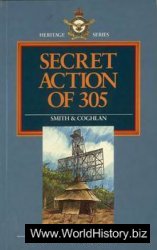The war also helped advocates of prohibition. The spirit of wartime
sacrifice, in particular the need to conserve food, delivered new support to
opponents of making and consuming alcoholic beverages. Prohibitionists
also played on nativism, arguing that "disloyal" Irish and German immigrants
wasted valuable American resources by drinking gallons of whiskey
and beer. And the Progressives' efforts to clean up the corrupt saloon politics
received a boost from a war effort cast as a crusade for good government
everywhere. Congress responded to the well-organized temperance lobby
by passing a temporary ban on the production of intoxicating liquids in the
summer of 1917. In January 1919, the Constitution was amended to make
the ban permanent.




 World History
World History









